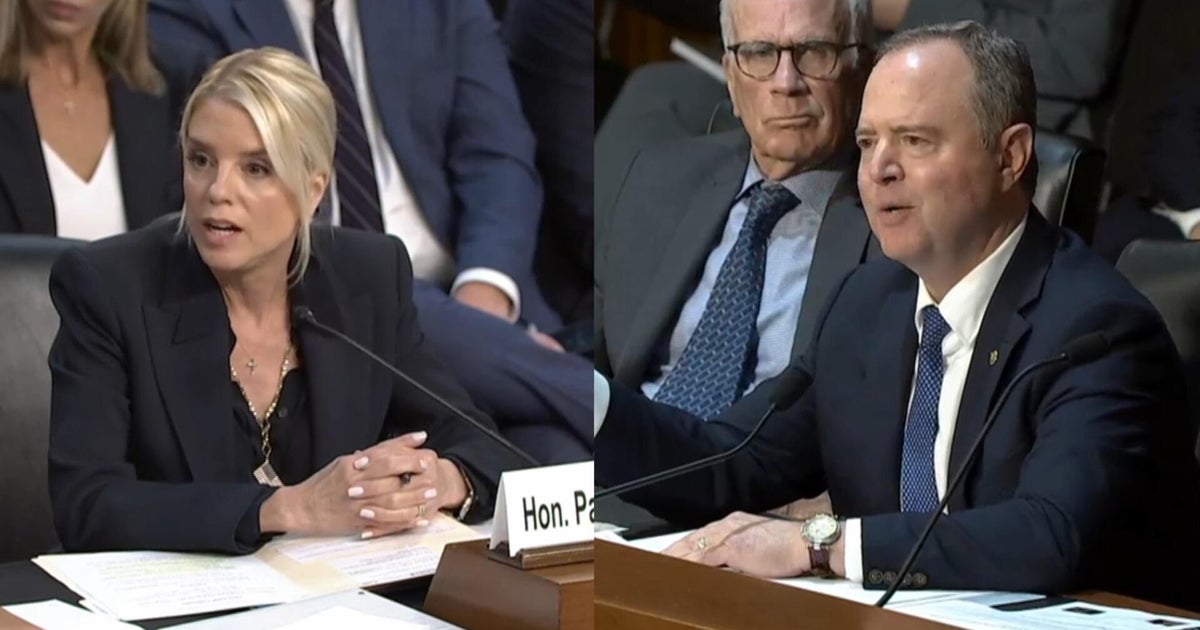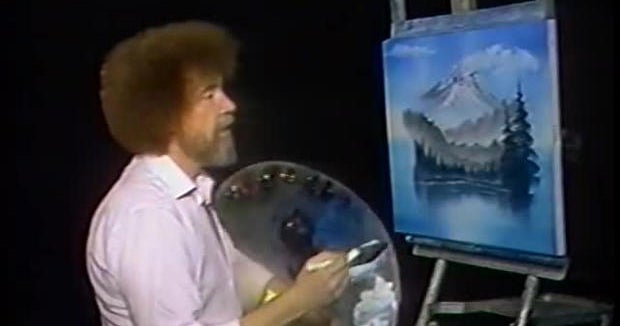Former Wallabies captain Michael Hooper played 125 times for his country as an openside breakaway, excelling in knowing when to poach the ball while staying on the right side of the referee.
Hooper has a PhD level of knowledge of the breakdown, yet during the Wallabies’ 33-24 loss to New Zealand on Saturday, as an expert commentator for Stan Sport, Hooper initially struggled to explain Italian referee Andrea Piardi’s decision on 72 minutes to yellow card winger Harry Potter for a breakdown decision that killed off the game for the Wallabies.
It begs the question, if a former player with such skill and knowledge at the breakdown needed to study the decision again, what hope did it leave for mere mortals following the game?
Piardi’s decision was proven correct under the benefit of slow motion.
The Wallabies were penalised 15 times against the All Blacks, their highest total this year. Five of the penalties blown by Piardi were for infringements at the breakdown.
The Wallabies were also pinged three times for not releasing the ball after being tackled and three times for tackle infringements, with captain Harry Wilson getting pulled up twice for not using his arms in tackles.

Referee Andrea Piardi talks with Harry Wilson.Credit: Getty Images
It should be acknowledged that the role of a Test rugby referee is difficult. The role demands the speed of a middle-distance runner and the forensic analysis of a detective to make split decisions among a tangle of bodies from a dense bible of laws. Wallabies coach Joe Schmidt was generous in his comments to Piardi in the post-match press conference.
In private, Schmidt almost certainly used his excellent French to seek clarity from World Rugby’s head of referees, Joel Jutge, on what the Wallabies are doing wrong at the breakdown.
In the 53rd minute, openside breakaway Fraser McReight was penalised for not supporting his body weight when competing for the ball. The Reds players’ hands do not appear to move beyond the ball, and it looks like a textbook example of a turnover.
On fields across Australia, young boys and girls seek clarity from their coaches before playing the ball at the breakdown, and will learn from watching the highest level of their sport. Given the evidence from Eden Park, the coaches’ task has become harder.
Dave Rennie’s tenure as Wallabies coach was marred by high penalty counts. Until recently, Schmidt’s teams never had that issue. In Schmidt’s second season, the team averaged seven penalties for the first six Tests. But in the last three, that figure has doubled.
Beyond the breakdown, other elements of indiscipline can be tightened. Three times, the Wallabies went into contact, isolated, and were penalised for not releasing the ball. This can be remedied by better communication, and the huge bodies of Will Skelton and Rob Valetini being ready to clear out the ruck instantly to allow fast ball for halfbacks Jake Gordon and Ryan Lonergan, given Tate McDermott will need surgery on his hamstring after getting injured in Auckland.
The opportunity to break the 39-year Eden Park curse has gone, but a priceless opportunity is still available to the Wallabies. A statement win against the All Blacks would provide the intangible fuel that powers the game in this country. A sold-out crowd awaits at Optus Stadium with the Wallabies desperate to show their progress is not just denoted by moral victories.
A renewed battle at the breakdown awaits the Wallabies against the All Blacks, and the squad will have invested time to study English referee Matthew Carley’s interpretation of the greyest part of rugby. It is a difficult exam to prepare for, but the Wallabies cannot afford to fail it if they are to beat the All Blacks for the first time in five years.
Watch all the action from the 2025 Rugby Championship on Stan Sport.
Most Viewed in Sport
Loading


















































